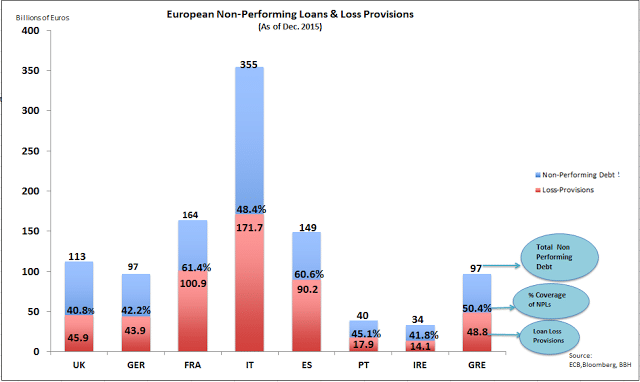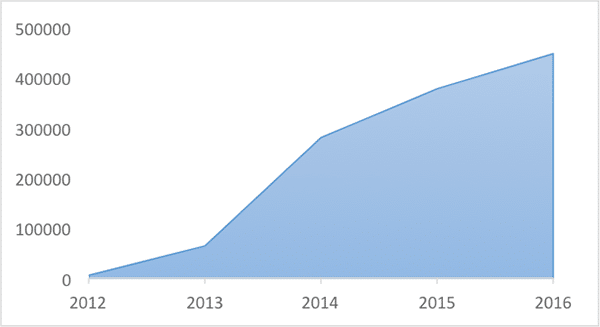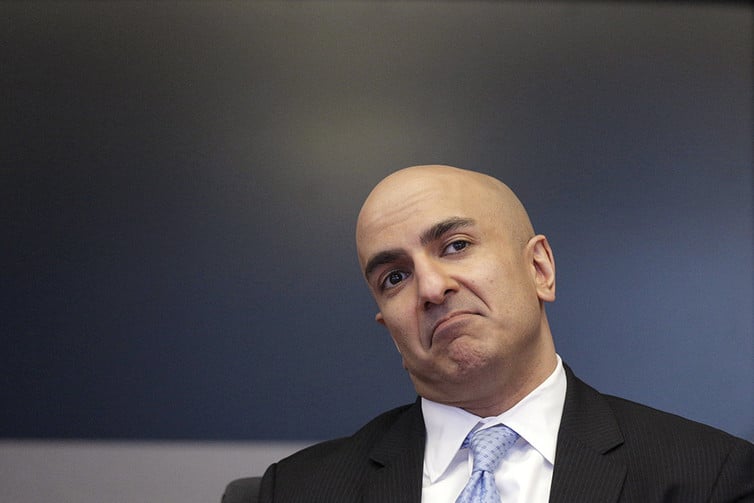Vital Signs for European Banks
The health of European banks has reemerged as an important market factor this year. The IMF warned that the greatest risk to global financial stability stems from three European banks. Branches of two European banks failed the Federal Reserve’s stress test. In addition, this does not even mention the Italian banks, and especially the oldest bank in the world, Monte Paschi, which has been the immediate focus.







